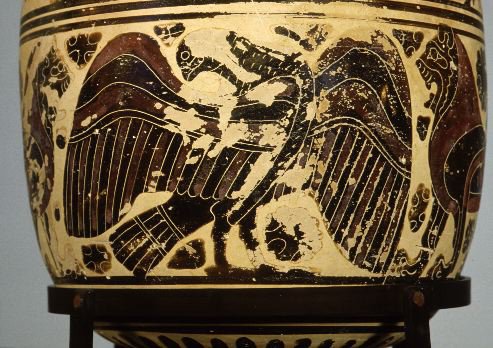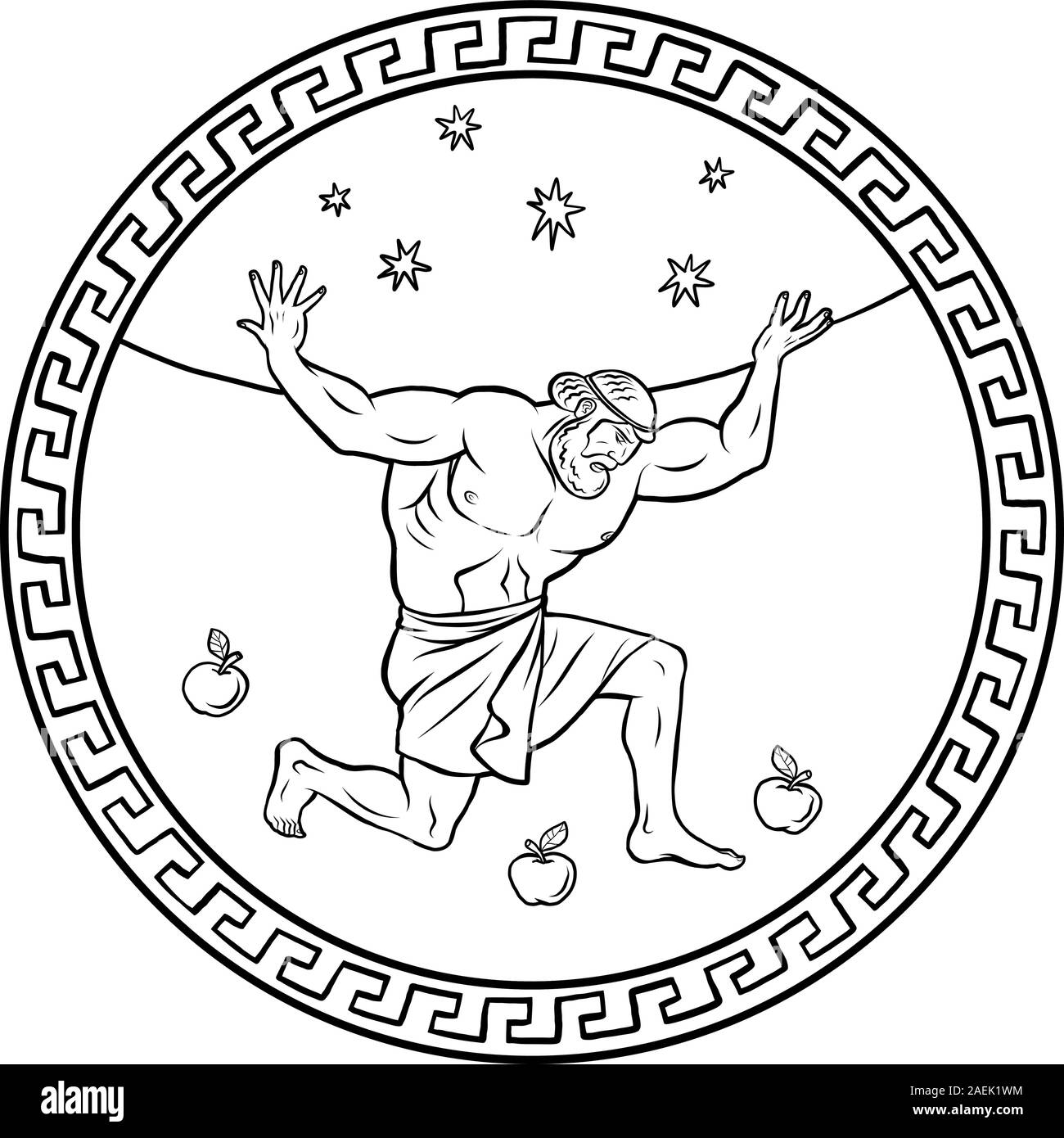

Finally, he cut off the last, immortal head, and buried it alive. However, Heracles' friend Iolaus burned down a tree, and the hero used the blazing branches to sear the roots of the new heads. This was difficult, because it had nine heads, and every time Heracles cut off one of these, three new heads grew in its place. Heracles' second labor was to kill the hydra (water snake) of Lerna, another town near Tiryns. Several now almost forgotten labors were still well-known in the fifth century. Until then, the number of works had varied nor was there agreement about the tasks. The first to write a systematic account of Heracles' Twelve Labors was probably Diodorus of Sicily, note, which was written c. There was no distinction between Heracles and other heroes (Theseus, the Argonauts), so that many episodes have duplicates. Map of Heracles' first laborsĪfter this labor, Heracles had to perform many other tasks, which were haphazardly described by many ancient poets.

Lions were extinct in Greece as early as the Mycenean age the story may have come from the east, or may be extremely old. It is an interesting question where this story comes from.

The Greeks celebrated Heracles' victory every two years at the Nemean Games. From now on, he wore the lion's invulnerable pelt as armor. It was resistant against all weapons, but Heracles strangled it. Heracles' first task was to kill the lion of nearby Nemea, a terrible beast. When he had recovered, he consulted the oracle of Delphi, which ordered him to serve his relative Eurystheus, the king of Tiryns, who would order him to perform "the twelve labors". Heracles became a strong warrior, but Hera struck him with madness, and he killed his own children. However, the young boy killed the animals. Zeus' lawful wife Hera hated the child born out of wedlock, and sent two snakes to kill the baby. Youth Heracles and the snakesĪccording to the ancient Greeks, the demigod Heracles (or Hercules, as the Romans called him) was the son of a mortal woman named Alcmene and the supreme god Zeus.

Several dynasties, like the twin royal houses of Sparta and the Argeads of Macedonia, claimed to descend from this son of Zeus. In doing so, he allowed Hercules to retrieve the Apples, make good his escape and carry them back to Eurystheus.īecause the Apples belonged to the gods, they could not remain with Eurystheus and so he had to return them to Athena, who took them back to the garden at the northern edge of the world.Heracles (Latin: Hercules): most important of the Greek demigods. Atlas put the apples on the ground, and lifted the burden onto his own shoulders. Hercules slyly agreed, but asked Atlas whether he could take it back again, just for a moment, while he put some soft padding on his shoulders to help him bear the weight of the sky and the earth. On returning with the golden apples, Atlas told Hercules he would take them to Eurystheus himself, and asked Hercules to stay there and hold the heavy load for the rest of time. He would have to send Atlas after them, instead of going himself.Ītlas hated holding up the sky and the earth so much so, that he agreed to the task of fetching the apples, if Hercules would carry the burden of the world. Hercules slew the eagle and in gratitude, Prometheus told Hercules the secret to getting the apples. He was bound to the mountain, and every day a monstrous eagle came and ate his liver, at night, Prometheus' liver grew back, and the next day he had to endure the eagle's painful visit all over again. Prometheus, who had stolen the secret of fire from the Gods, was sentenced by Zeus to a horrible fate. But Hercules escaped, killing Busiris, and continued his journey.Įventually he came to the rock on Mount Caucasus where Prometheus was chained. Later, Hercules was captured by Busiris, another of Poseidon's sons, and was led to an altar to be a human sacrifice. Once he had the location, he continued, beset with dangers, Hercules was stopped by Antaeus, the son of the sea god, Poseidon, who also challenged Hercules to fight. After journeying through many lands Hercules arrived in Illyria, where he seized the sea-god Nereus, who knew the garden's secret location. The first task in the quest was to find the location of the Garden.


 0 kommentar(er)
0 kommentar(er)
